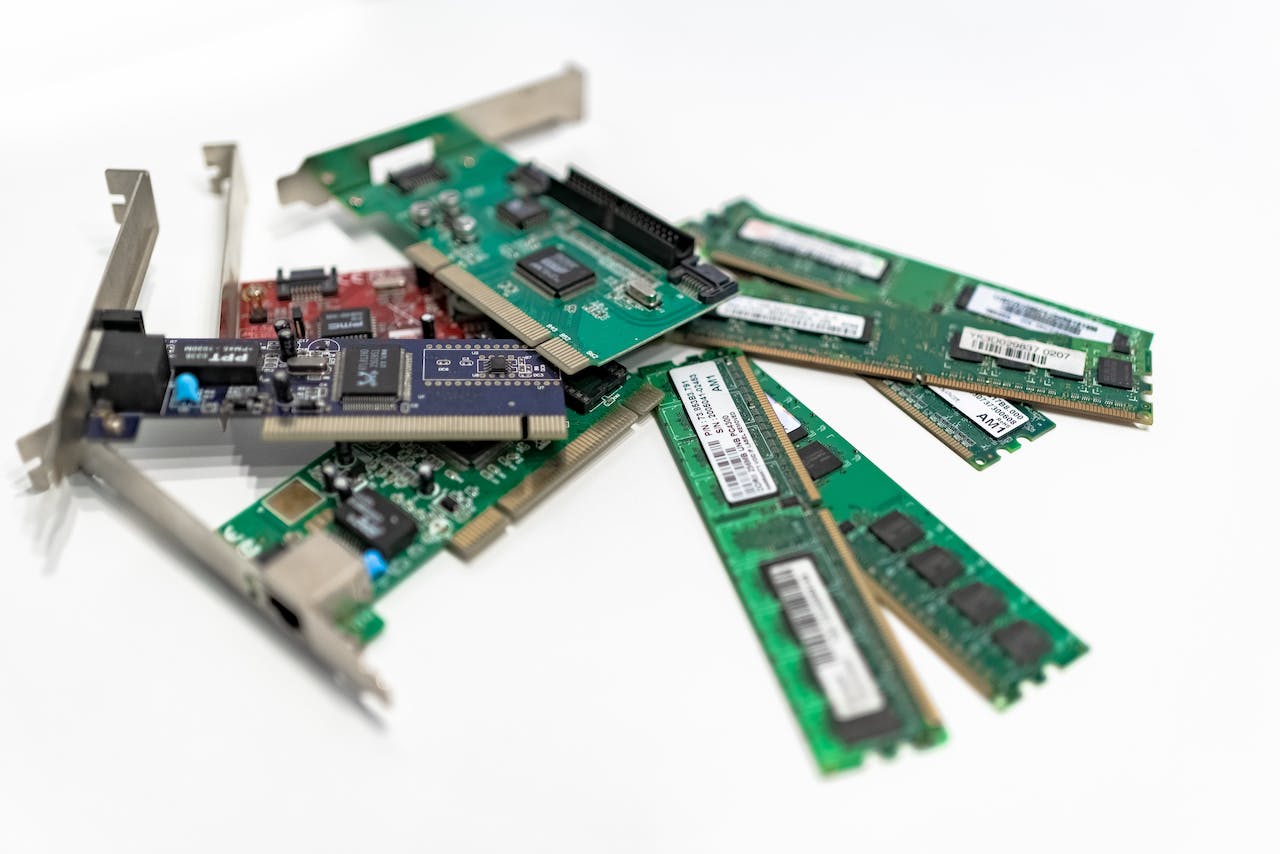Samsung ex-employees leak tech firm’s DRAM secrets - 3 minutes read

Two ex-employees of a prominent South Korean technology firm, known as Mr. Kim and Mr. Bang, have been taken into custody for purportedly stealing and trading the organization’s 16-nanometer DRAM technologies to a rival CXMT Chinese firm in the memory technology sector.
Dynamic RAM or DRAM is a type of random-access semiconductor memory that stores data in the memory cell. The memory cell consists of a tiny capacitor and a transistor. Prosecutors claim that this act of theft might lead to around $1.8 billion in losses. The prosecutors allege that Mr. Kim and Mr. Bang handed over the confidential information obtained from their former employer after accepting significant bribes from the Chinese company. This act not only breaches their non-disclosure agreement but could also potentially impact the global semiconductor market and the competitive advantage of the South Korean technology firm.
Divulging company confidential memory technology information
The accused are said to have made several million dollars by divulging the company’s confidential memory technology information. This unauthorized sharing of sensitive data has reportedly caused substantial financial damage and a competitive setback for the company. Law enforcement and regulatory agencies are working closely together to investigate the case and bring the alleged perpetrators to justice.
This violation could have considerably diminished Samsung, the South Korean organization’s tech advantage over its Chinese counterpart, potentially affecting years of research and development. As a result, the company may face severe setbacks in its competitive edge, technological innovation, and global market share. Furthermore, this incident highlights the need for stronger cybersecurity measures in protecting intellectual property and sensitive information in an increasingly competitive technology landscape.
Current market position
At present, Samsung, the South Korean technology titan, holds a 40% market share in the DRAM industry. This significant market share demonstrates the company’s strong presence and influence in the global memory chip market. As the demand for DRAM continues to increase, the South Korean firm is investing heavily in research and development to maintain its competitive edge and address the needs of various industries and applications.
Significant leaks such as this present a considerable risk to the company’s ongoing supremacy in the memory sector and could potentially cause a change in power distribution among global competitors. Moreover, these leaks may expose vulnerabilities in the company’s intellectual property protection strategies, leading to a loss of investor confidence and potential legal disputes.
Global implications
This incident affects South Korean technology firms and has broader implications for the global semiconductor industry. As technological competition escalates, companies must be vigilant in safeguarding their trade secrets and protecting their proprietary information. In addition, governments and regulatory bodies must take an active role in enforcing intellectual property laws and combating corporate espionage.
The case of Mr. Kim and Mr. Bang highlights the pressing need for organizations to prioritize cybersecurity and intellectual property protection in an increasingly competitive global technology landscape. Companies must take proactive steps to safeguard their sensitive information while being prepared to address any breaches swiftly and effectively. By doing so, businesses can maintain their competitive edge, support innovation, and continue to thrive in the ever-evolving world of technology.
Featured Image Credit: Photo by IT services EU; Pexels
Managing Editor at ReadWrite
Deanna is the Managing Editor at ReadWrite. Previously she worked as the Editor in Chief for Startup Grind and has over 20+ years of experience in content management and content development.
Source: ReadWrite
Powered by NewsAPI.org